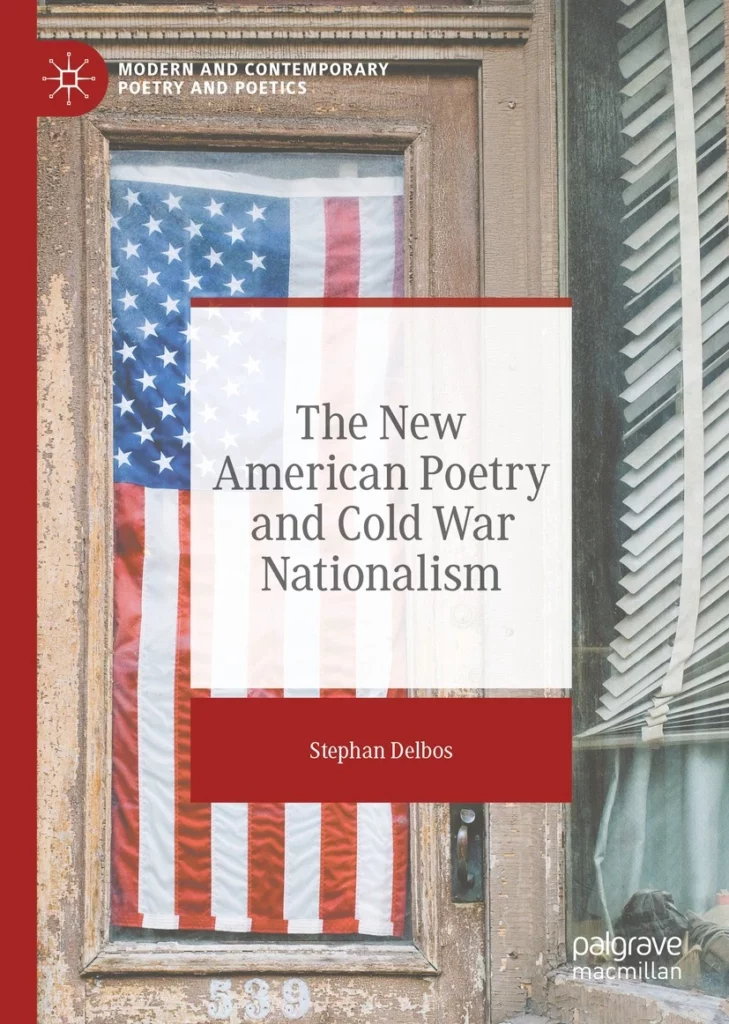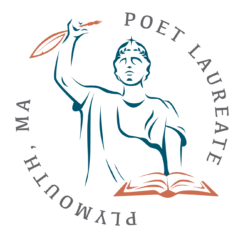“Delbos’s robust critique of Donald Allen’s anthology as a product of cold war US nationalism is compelling… Critics and poets, students and scholars will find this book to be essential for understanding poetry’s past, present, and future.” –W. Scott Howard, University of Denver

This book examines Donald M. Allen’s crucially influential poetry anthology The New American Poetry, 1945–1960, from the perspectives of American Cold War nationalism and literary transnationalism, considering how the anthology expresses and challenges Cold War norms, claiming post-war Anglophone poetic innovation for the United States and reflecting the conservative American society of the 1950s. Examining the crossroads of politics, social life, and literature during the Cold War, this book puts Allen’s anthology into its historical context and reveals how the editor was influenced by the volatile climate of nationalism and politics that pervaded every aspect of American life during the Cold War. Reconsidering the dramatic influence that Allen’s anthology has had on the way we think about and anthologize American poetry, and recontextualizing The New American Poetry as a document of the Cold War, this study not only helps us come to a more accurate understanding of how the anthology came into being, but also encourages new ways of thinking about all of Anglophone poetry, from the twentieth century and today.
Reviews
“Delbos’s robust critique of Donald Allen’s anthology as a product of cold war US nationalism is compelling. This book delivers a paradigm-shifting study of The New American Poetry 1945–1960 that convincingly shows how Allen’s ideological framework at the intersections of race, class, gender, and sexual politics charged the field(s) of debate in the US (and also in the UK) about the place of poetry within and beyond academia. Critics and poets, students and scholars will find this book to be essential for understanding poetry’s past, present, and future.” –W. Scott Howard, author of Archive and Artifact: Susan Howe’s Factual Telepathy (2019), and editor of Denver Quarterly
